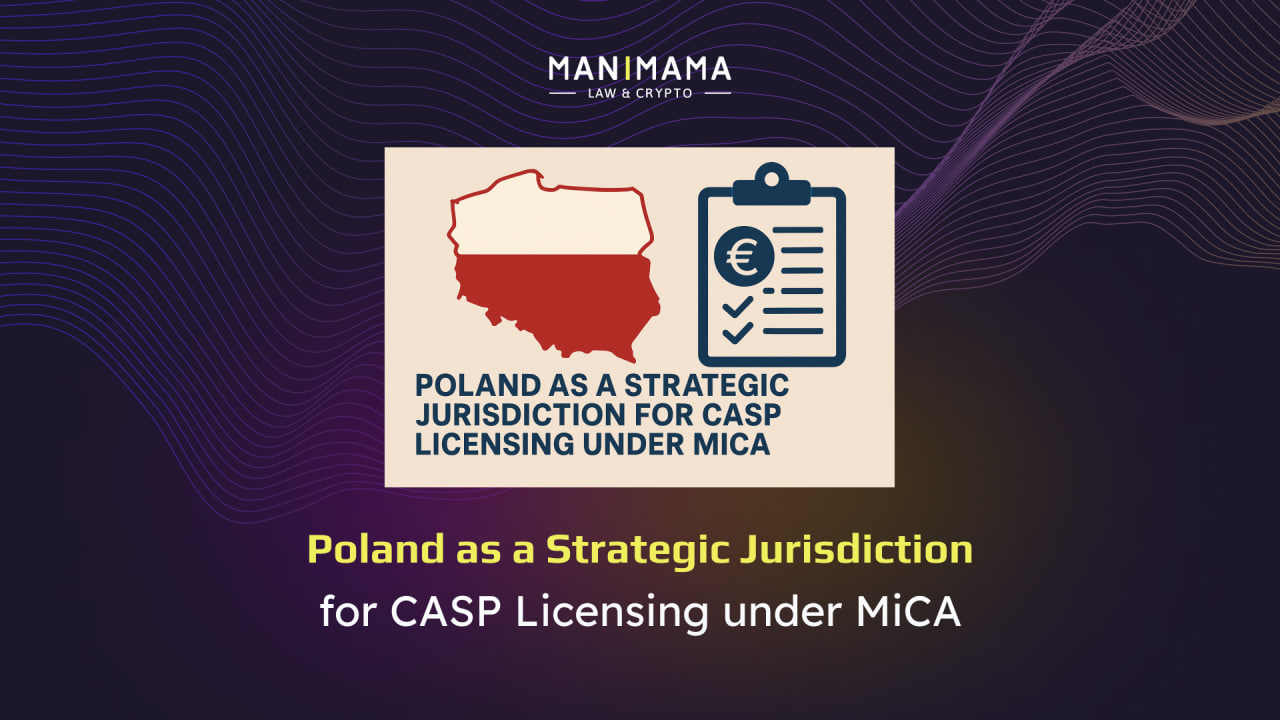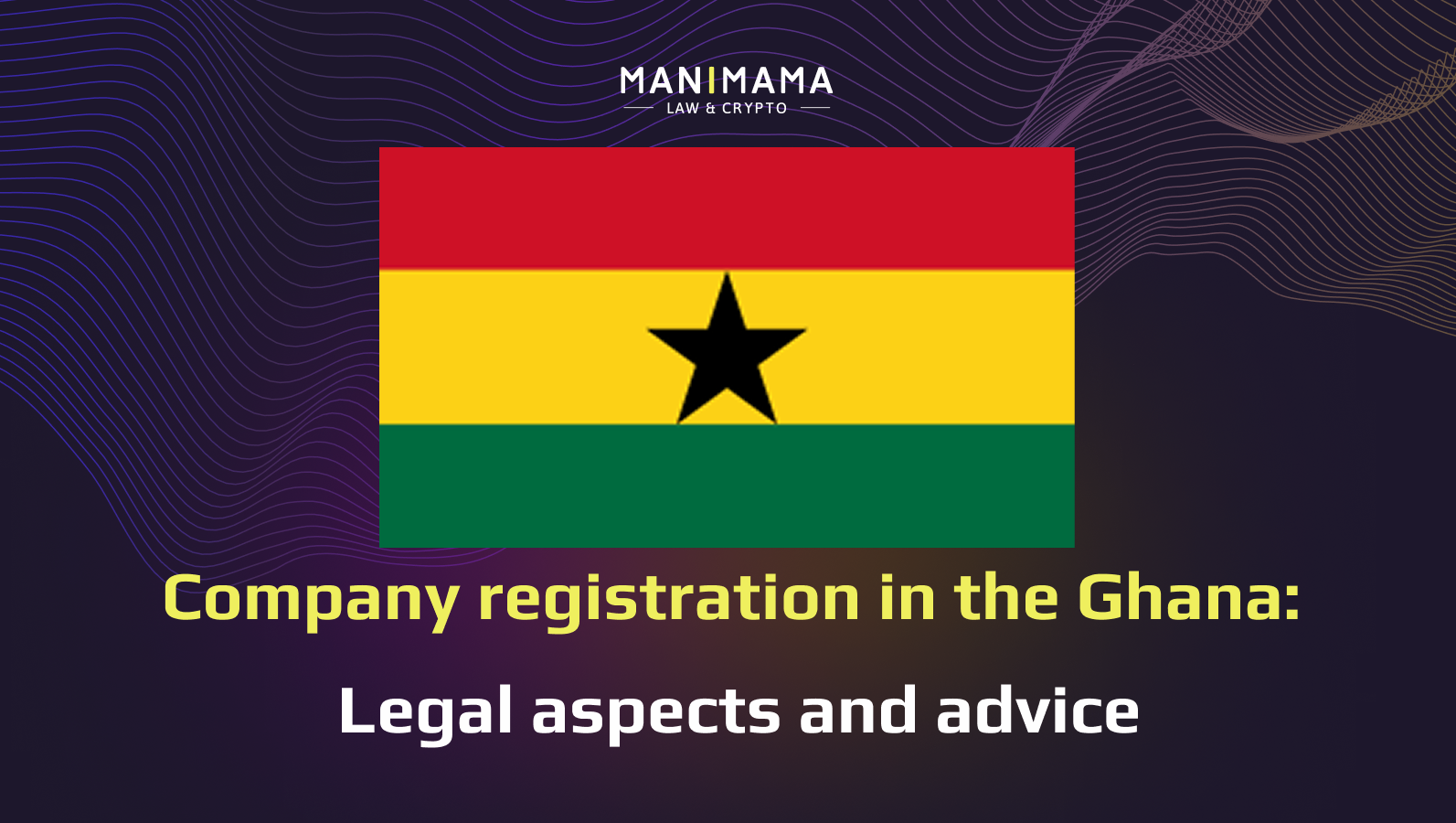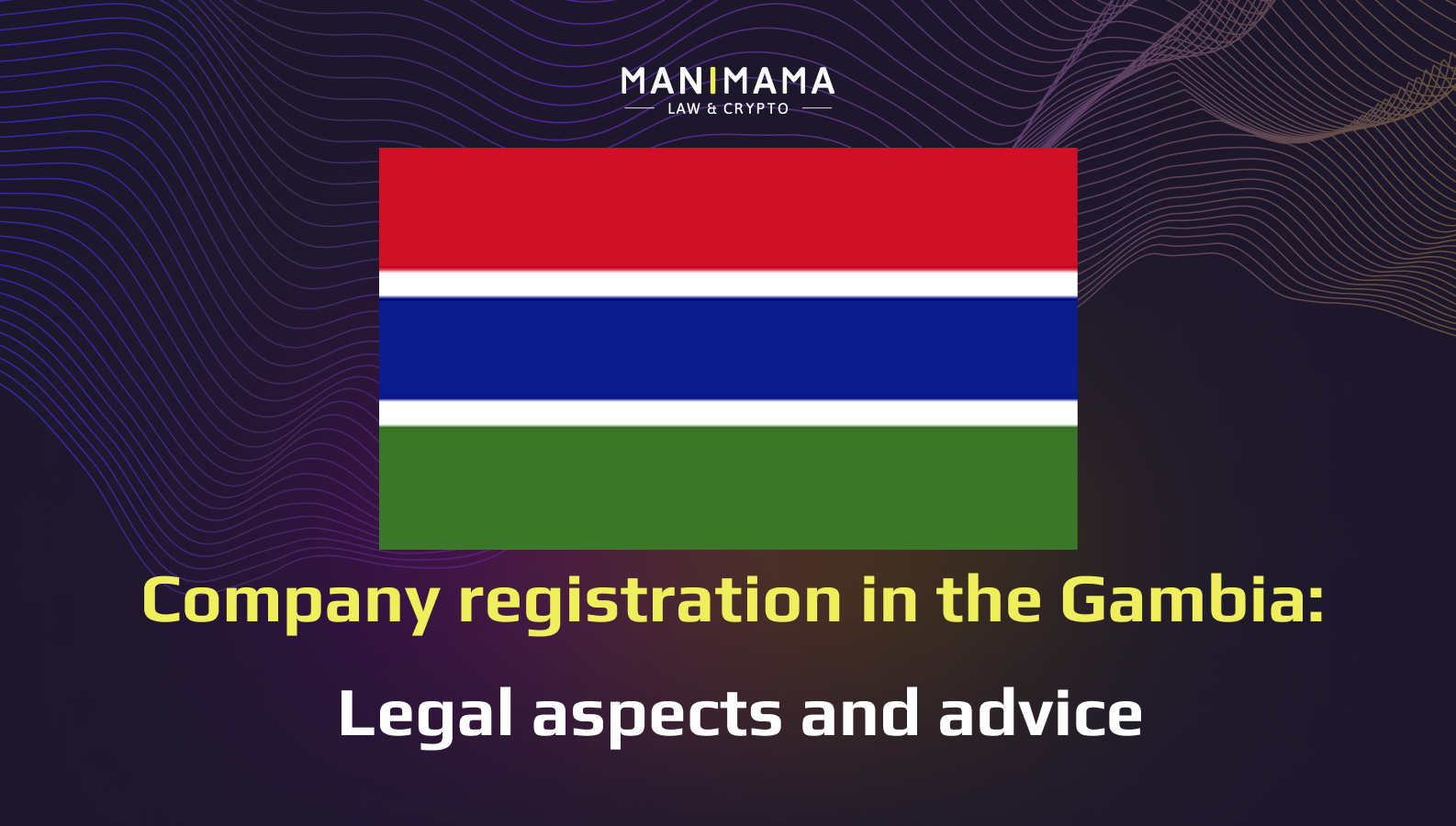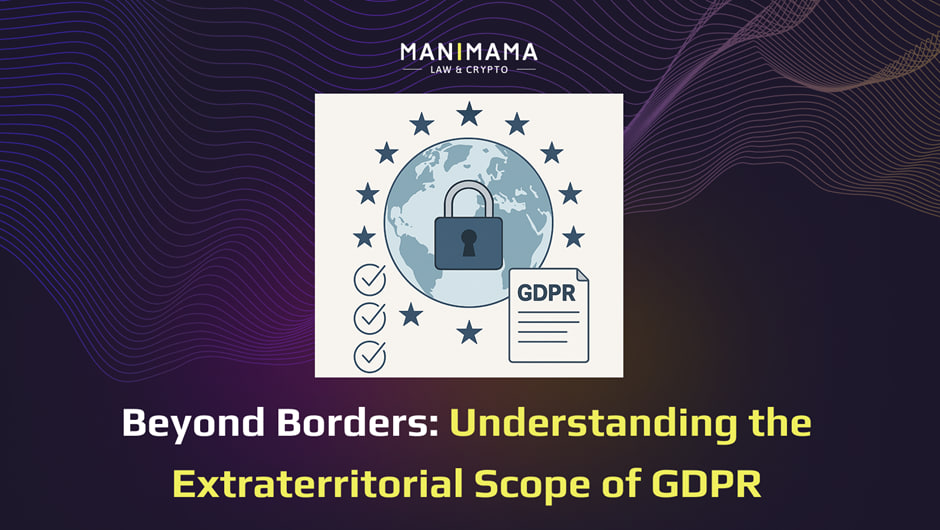Basics of gambling regulation
Gambling has always been opposed in Singapore, anyone who is illegally playing in the gambling website offered other than exempt operators can face up to USD 5000 of fine and/or 6 months of jail under the Betting Act (1960) and the Common Gaming Houses Act(1961). However, in the rapidly changing digital world where the gaming is going virtual there is a growing need to evolve regulations accordingly.
Gambling industry of Singapore is currently regulated by following authorities:
- Casino Regulatory Authority;
- Ministry of Home Affairs’ (hereinafter referred as “MHA”);
- Gambling Regulatory Unit;
- the Singapore Totalizator Board;
- the Singapore Police Force; and
- the Ministry of Social and Family Development.
The Remote Gambling Act (2014) (hereinafter referred as “RGA”) regulates online gambling activities; Section 8 of the RGA states that anyone who gambles through remote communication and uses a remote gambling service shall be guilty of an offence. The subject act extensively defines the gambling service, which includes:
- conduct of a public lottery;
- supply of public lottery tickets;
- placing, making or accepting of bets; or
- conduct of game of chance where the game is played for money, or money’s worth, and customers give money, or money’s worth, to play the game.
Exempt operators in online gambling
However, online gambling is legal only when done through exempt operators. To date, there are only two operators which have been granted certificates of exemptions under the current RGA, particularly Singapore Pools and Singapore Turf Club. These operators are owned by the Singapore Totalizator Board and a Singapore statutory board.
Other operators may also apply for an exemption under the rules of Betting Act and Common Gaming Houses Act. The MHA will grant the exemption provided that it serves for the public interest. While there is no explicitly written procedure to apply for an exemption to relevant bodies, the legislation does not specify the duration of the license and costs associated with the exemption. The validity period of the certificates will be determined solely by the regulator, to cite an instance of certificates exemption owned by Singapore Turf Club and Singapore Pools, they are valid for three years. According to the MHA, the evaluation of exempt applications may take from 9 to 12 months.
The exempt license holders are subject to following requirements:
- establish solid system to control anti-money laundering and combating terrorist financing and be based in Singapore to facilitate the enforcement of above conditions;
- offer remote gambling only for existing products, i.e. new betting schemes must be officially approved before offering;
- casino-style games and poker are not allowed.
Exempt operators are subject to regular inspections and audits. In case of non-compliance with established requirements, operators may be imposed a fine in the amount of 1 million Singapore Dollars, followed by revocation or suspension of a license.
The breach of gambling laws will bring serious consequences, in the form of fines (from USD 20,000 to USD 500,000) and up to seven years of imprisonment.
Moreover, if the company is engaged in illicit remote gambling activities, there is high chance that the financial transaction provider will be mandated a payment block order which will:
- prevent accepting credits;
- cheques, bank draft or similar instruments which is drawn by or issued to the name of the company;
- prevent accepting any financial transfers to or from the company;
- block payments or forbid transactions related to gambling transactions.
Gaming industry: today and tomorrow
Existing legislation does not address modern problems of the gaming industry and most of them seem outdated to ban unauthorised online gaming and establish transparent rules to regulate it. However, the new Gambling Regulation Authority is expected to be established in 2021, which will combine the current regulators under a single institute. The MHA has also planned to review and amend all existing gambling laws in 2021 to ensure “regulatory mechanisms can effectively address evolving gambling products and business models”. As of July 2021, the MHA has proposed updates to the existing laws, and proposed amendments to public consultation. The proposals are on the table, whereas the relevant legislative developments have not yet been officially introduced.
photo source











